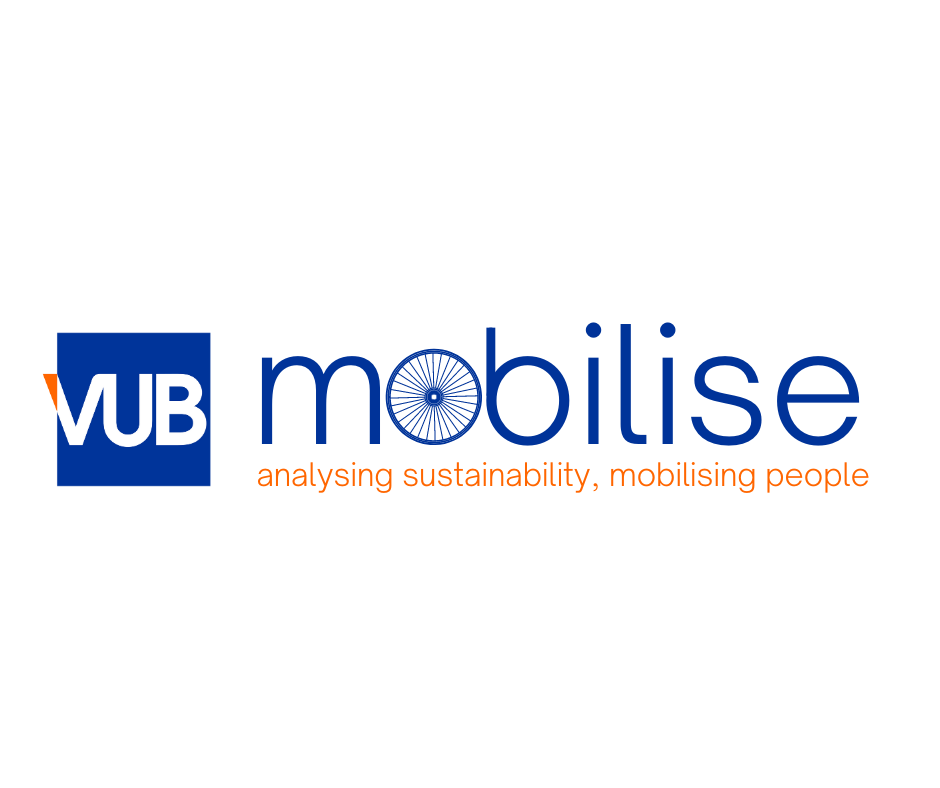A learning loop is about building the community-based knowledge and creative thinking, which can turn problems into solutions. Each learning loop has three main stages:
- Problem identification: identify the issue, set up citizen monitoring, visualise and analyse;
- Co-design: create options and decide which should go forward;
- Action and feedback: make real improvements (physical or social) and monitor impact.
Three levels of learning loops emerged in the LOOPER project:
Management loop
This 'functional' learning loop works with detailed information on practical or technical problems and solutions. It can use both online and offline platforms (for example to locate the streetlight and get it fixed).
Community loop
Here the citizens are 'in the loop', via local empowerement, social enterprise and self-reliance. We work with 'deep engagement' methods such as active outreach and community visioning as well as with networks and communities of interest (to debate the wider issues of public security).
Governance loop
Local government and other bodies can enhance their organisational learning and 'strategic policy intelligence' (i.e. capacity for thinking ahead). This loop helps overcome the 'trust gap' and enables government and public services to 'do more with less' (with better policies on public safety).
